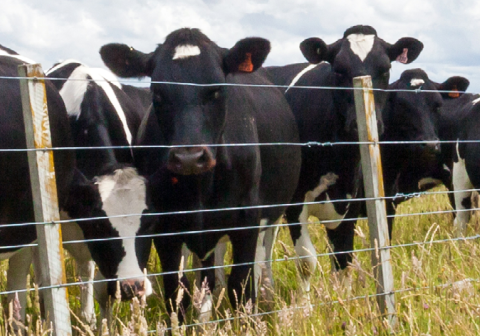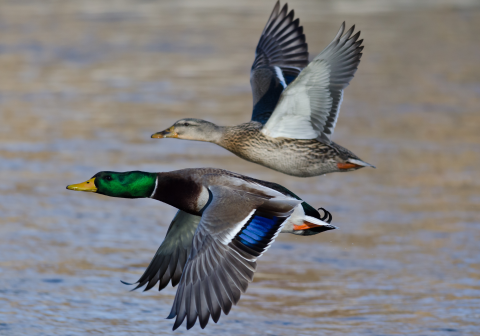Bird flu – be ready
Bird flu is a highly contagious viral disease. Take steps now to protect your birds.
About bird flu
Bird flu (also known as high pathogenicity avian influenza) is a highly contagious viral disease. It mostly affects domestic and wild birds.
Overseas, the H5N1 strain of bird flu is spreading through the movement of wild birds. New Zealand is preparing in case this strain of bird flu spreads here.
In December 2024, the H7N6 strain of bird flu was detected on an Otago chicken farm. This is not the H5N1 strain that we are most concerned about, which has been spreading overseas.
Find out more about the detection of H7N6 bird flu in Otago
Take steps now to protect your birds
The best way to keep your birds safe from bird flu is to prevent them from having contact with infected birds or contaminated materials and environments.
Keep your birds away from wild and sick birds
- Make enclosures bird proof by repairing or blocking holes.
- Keep your birds away from open ponds, lakes, creeks, or other water used by wild birds.
- Keep new birds in a separate area away from other birds (quarantine) for 14 days. Ensure they are healthy before introducing to your flock.
- Keep pet birds such as budgies, cockatiels, parrots, finches, and doves inside, or undercover and separate from wild birds.
Maintain good hygiene
- Thoroughly wash your hands with soap and water before and after handling birds.
- Keep bird housing, bedding, and equipment clean.
- Don't share equipment with other bird owners – including egg cartons and other storage materials.
- Clean your footwear and wash clothing regularly. Avoid using the same clothing and footwear around your birds if you have visited other flocks or events such as shows.
- Use pest control to control rats and mice, which can carry diseases on their feet and fur.
Keep feed and water free of contamination
- Use fencing or netting to keep wild birds away from your birds' feed and water.
- Buy birds, litter, and feed from accredited sources.
- Make sure the water you use doesn’t come from sources that wild birds frequent or could contaminate. Treated (chlorinated) mains water and bore water that has been tested are less likely to be contaminated.
'Bird flu and protecting your birds' – booklet [PDF, 1.3 MB]
Signs of bird flu in birds
Detecting bird flu early is important to limit its spread. Unfortunately, one of the first signs of bird flu is sudden, unexplained death in several birds.
If you see signs of bird flu in multiple birds in your flock, consult your veterinarian first to rule out more common diseases. Wait for your veterinarian's instructions before handling any sick or dead birds.
Know what signs to look for in your birds
In countries where the current H5N1 strain of bird flu is present, human infection has been rare. Generally, it has only occurred in people who have had a lot of contact with infected birds or other infected animals. The risk to human health is considered low.











